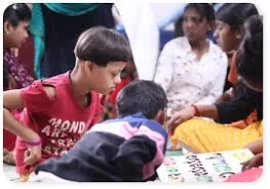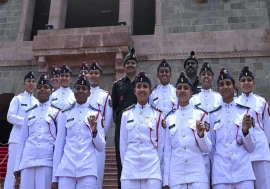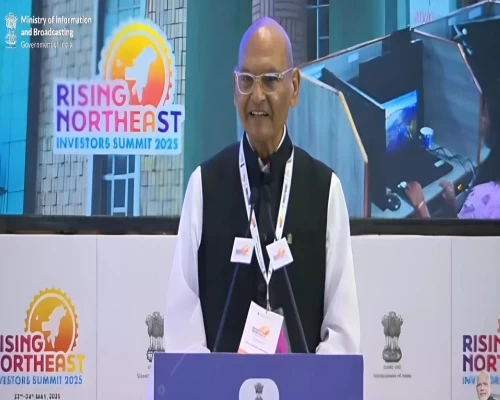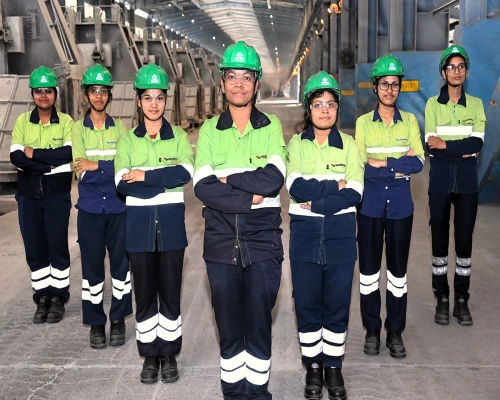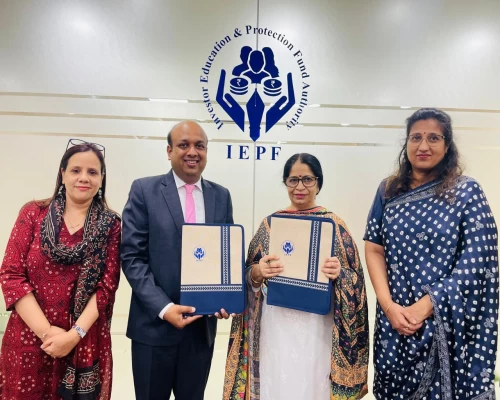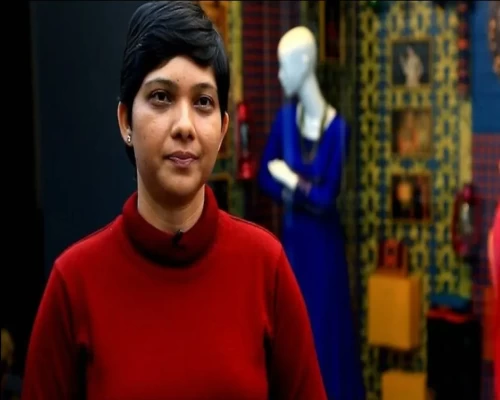
New Delhi: One of the greatest challenges we see for female scientific minds is their transition from technological educational institutions to positions of research, said Smriti Irani, Minister for Women and Child Development, while speaking at the event on ‘Women in Tech: Charging New Frontiers, Breaking Gender Stereotypes’ jointly organised by FICCI and FLO's Empowering the Greater 50% initiative and the Embassy of Spain.
The event marked the launch of the FICCI Women in Science and Entrepreneurship (WISE) Council, which aims to create mentorship for the females starting from the schools, advocate for women on Board positions, and anchor industry and investment linkages for women entrepreneurs. Alongside the launch, an online pledge campaign that already had 130 corporate signatories urged corporate to encourage women in STEM.
Minister Irani alluded to the inherent biases in artificial intelligence and machine learning and said that while science does not come with a bias, data does. “Training data that is available to us thus far societally as a data that positions primely men,” she said, adding that “when we use these training data subsets to predict an outcome, we need to recognise, will we end up predicting the past, than predicting the future.”
Subhrakant Panda, Senior Vice President, FICCI and Managing Director, IMFA, stated that raising women's participation in the workforce needs to be increased for economic growth. He said that globally only 35 per cent of students studying STEM are women. Despite a shortage of skills in most technological fields, women account for just 28 per cent of engineering and 40 per cent of computer science graduates. “Empowering women is not just the choice of the right thing; it is a necessity because it is about improving outcomes, investing in healthier communities and stronger economies,” he said.
Prof K Vijay Raghavan, Principal Scientific Adviser, Government of India, alluded to the data bias in the training data sets, “as knowledge becomes increasingly driven by artificial intelligence and machine learning, we have a big problem at hand” he said and added, “the training data sets need to be such that they don't promote gender inequality, but actually promote gender equality.”
Dr Sangita Reddy, Past President, FICCI and Chair FICCI FLO Empowering the Greater 50 per cent, said that enhancing female participation in the workforce is fundamental to growth, and added that India produces the highest number of female graduates in STEM but ranks 19th in employing them.
Jose Maria Ridao Dominguez, Ambassador of Spain in India, stated that Spain makes gender equality a defining element of its foreign policy. “Diversity and inclusion lead to higher economic benefits; both are essential to building sustainable peace and prosperity,” she added. Inmaculada Riera, Director General, Spanish Chamber of Commerce, stated that India and Spain should work more closely to improve market access and deepen economic relations, focusing on businesswomen.
Anandi Iyer, Director Fraunhofer Office, India and Chairperson WISE Council highlighted that women in STEM are underrepresented. “We are looking at female leaders in tech companies to stand up and mentor and to create opportunities for women to participate in the digital revolution,” she said. /BI/


